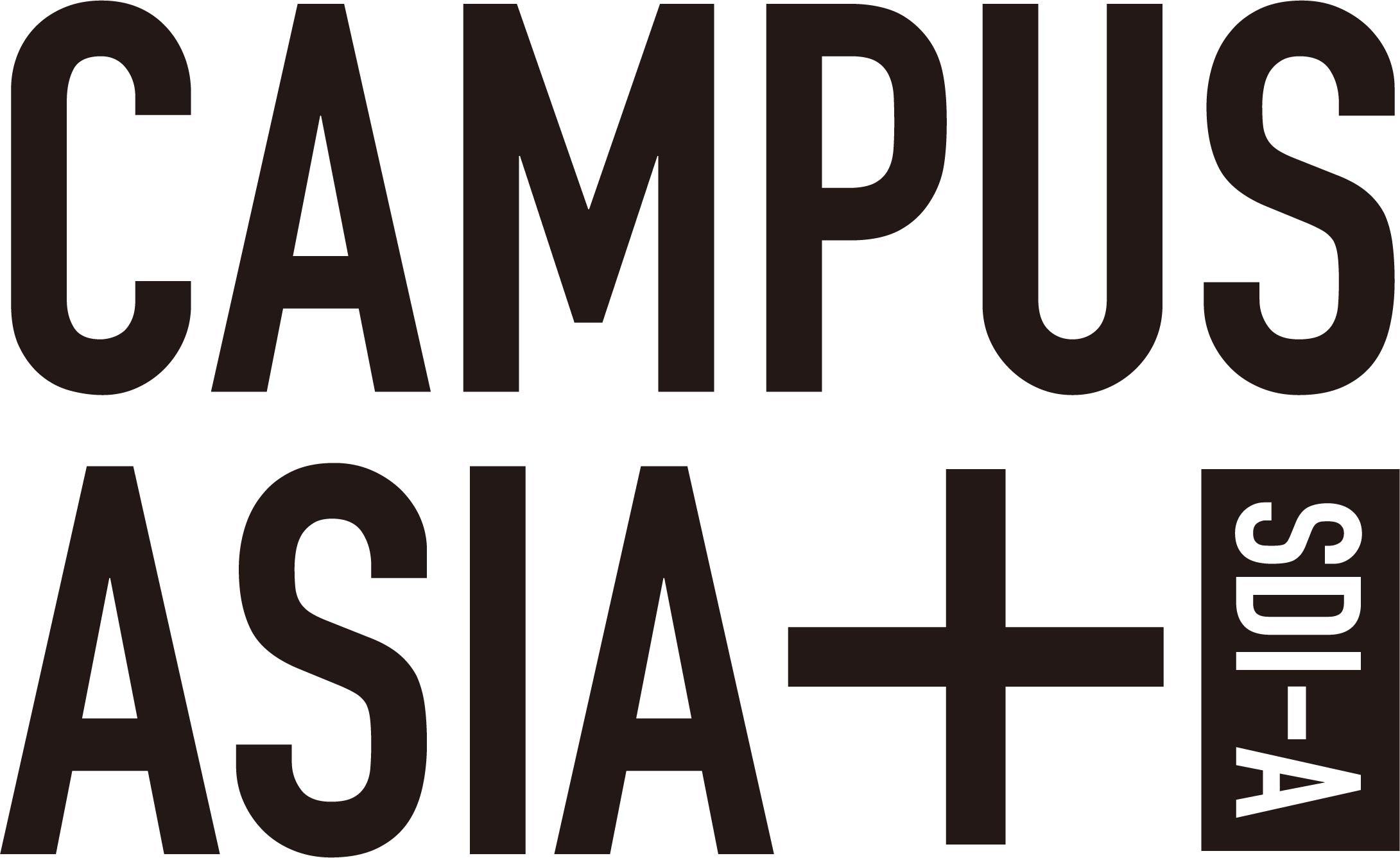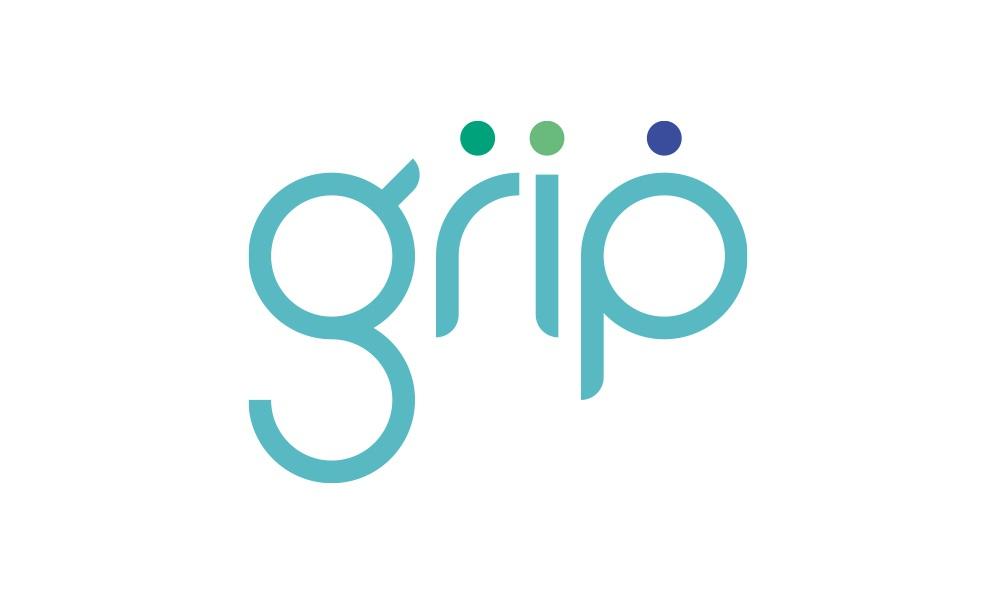What is the “Practice-based Global Studies for Graduate Schools”?
The Practice-based Global Studies for Graduate Schools is designed to offer master’s and doctoral students the opportunity to take part in interdisciplinary projects to enable them to contribute to the global community in the future. In order to gain a certificate, students must fulfill the prescribed requirements of the program by participating in collaborative projects with international students, in addition to their major course requirements.
Unique features of
the program
Unique features of the program
Practice-based learning
e.g.)Activie learning, Problem solving based education
Collaborative projects with international students
Interdisciplinary projects
Characteristics resulting from nurture of the program
- People who can contribute to the global community in the future
- People who can pursue innovative solutions for today’s diverse and complex issues.
Requirements and
the relation to
your major course
Requirements of
major course in
Graduate Schools
Participate in “+α” project in addition to major course requirements

Offered programs
- P-Square (Plant Environment Designing Program)
- CODE (Continents Design Education Program)
- TWINCLE (Twin College Envoys Program)
- PULI (Post Urban Living Innovation Program)
- CAPE (Campus Asia Plant Environment Innovation Program)
- FARM (Future Agriculture with divers countries to Ph.D. Program)
- COIL JUSU (COIL Japan U.S. Unique Program)
- SDI-A (Social Design Initiative in Asia)
- GRIP (Global & Regional Interprofessional Education Plus Program)
- Choose a program and accumulate prescribed credits to complete the program or gain a certificate. Credits need to be accumulated from one program.
How to apply
If you want to gain the certificate, you need to undertake an application process during a certain period. For example, if you graduate in September, the application period will be in July. If you graduate in March, the application period will be in December. Detailed information will be announced on the global education website.
Requirements
- Attending one of the following programs and taking prescribed credits for completion of the program or gaining the certificate.
* Requirements for completion of the program: 6 credits or more, Requirements to get the certificate: 4 to 5 credits - Accumulation of credits from one program only
- Gaining prescribed credits of “Practice-based Global Studies for Graduate Schools” in addition to the major course requirement.
If you want to take a class from another faculty program, please consult with your faculty’s office in advance.
Offered programs in
the Practice-based
Global Studies
for Graduate Schools
You need to make an advanced application in order to participate in the program. For more details of the application procedure, please contact one of the offices listed below. Fields written in the green circles are the relevant academic areas of each program.
P-Square: Plant Environment Designing Program
- Horticulture
- Landscape
- Design
Plant Environment Designing Program (P-Square) aims to educate international human resources, with the capacity to promote the contribution of plants to the environment in the diverse urban environment. In addition to the basic and specialized courses of regular programs, students can take special practical courses such as International Internship and Project Seminar/Practice.
Contact: fc-farm chiba-u.jp
chiba-u.jp
CODE: Continents Design Education Program
- Design
Continents Design Education Program (CODE) develops globally-oriented designers who will contribute to future industries based on service design and contents design education that reflects the special characteristics of two countries and one continent; the United States , Europe and Japan.
Contact: design-code chiba-u.jp
chiba-u.jp

TWINCLE: Twin College Envoys Program
- Education
Through the TWINCLE program, students of the Graduate School of Education (or Faculty of Education) and students from other graduate schools form pairs, and visit ASEAN countries. Students take a part in classes at local elementary schools, junior high schools, high schools, and gain actual experience of teaching courses on advanced scientific research and Japanese culture. The program develops globally-minded people (teachers and researchers).
Contact: edu-twincle chiba-u.jp
chiba-u.jp
URL: twincle.e.chiba-u.jp
PULI: Post Urban Living Innovation Program
- Design
- Horticulture
- Landscape
- Int'lEcon
- Public Policy
Purpose of Post Urban Living Innovation Program (PULI) is to create comfortable cities of the future together with students from Mexico and Panama. It is Chiba University’s first university-wide program under the Inter-University Exchange Program. PULI student groups affiliated with humanities and science courses work together and advance their development of problem solving abilities by using the same processes used in businesses.
Contact: puli-office chiba-u.jp
chiba-u.jp
URL: design-cu.xsrv.jp/puli
CAPE : Campus Asia Plant Environment Innovation Program
- Horticulture
- Landscape
- Design
- Urban Policy
- Distribution Econ.
CAPE is a program to evolve plant-environment innovation by applying advanced technology to plant environment fields . The program aims to develop students possessing skills in both horticulture (agriculture) and engineering .The program will be conducted with three universities in China and South Korea. Students will learn various fields ranging from agriculture, IoT and AI as well as Social science fields such as Food distribution economy, Landscape and Urban Policy etc.
Contact: cape-office chiba-u.jp
chiba-u.jp
URL: chiba-u.jp/campusasia/cape
FARM: Future Agriculture with divers countries Pre-Master to Ph.D. Program
- Agriculture
- Engineering
- Science
- Management
- Environmental Sci.
The aim of the program is to train professionals who can contribute to the management of the next-generation’s agricultural businesses such as plant factory with artificial light and solar light. Chiba University, Japan and oversea sister Universities collaborate to nurture specialists who attain knowledge and skills for the development of future agricultural businesses, which range from food distribution, sales and consumption, as well as production processes.
Contact: fc-farm chiba-u.jp
chiba-u.jp

COIL JUSU: COIL Japan U.S. Unique Program
- Liberal Arts
- Nursing
- Horticulture
- Social Educ.
- Cosme-tic Sci.
- Entertainment
- Design
In COIL JUSU program, Collaborative Online International Learning (COIL) will be used between Chiba University and four universities in the U.S.
Classes with unique characteristics of Chiba University such as Disaster nursing, Plant factory and Japanese classical performing arts etc. will be carried out in the U.S. through COIL. Also, distinctive classes of four universities in the U.S. such as Social Education, Cosmetics Science, Business Design and Entertainment etc. will be conducted at Chiba University using COIL. In addition to COIL classes, students will be able to take part in social learning such as volunteering, internship and professional study to gain actual experiences.
- Classes for graduate students will be offered in 2020. There are no classes scheduled for graduate students in 2018 and 2019
Contact: global-program chiba-u.jp
chiba-u.jp
URL: las.chiba-u/jusu/

SDI-A: Social Design Initiative in Asia
- Design
- Social
- Innovation
In collaboration with the Shibaura Institute of Technology, this program aims to develop Social Design Initiative (SDI) human resources who are able to visit the site of a "wicked problem" in the world, understand the problem, and propose and implement diverse, bird's-eye view solutions to it.
※Wicked problems are problems such as poverty, inequality, depopulation, and aging that are obvious, but which cannot be solved by conventional optimal solutions because the context differs from country to country and region to region.
Contact: https://socialdesigninitiative.studio.site/cms

GRIP: Global & Regional Interprofessional Education Plus Program
- Nursing
- Medicine
- Pharmacy
- Education
- Liberal Arts
- Engineering
- Social Policy
- Economics
- Horticulture
The GRIP Program aims to develop human resources as professionals meeting the following criteria: Independent and autonomous individuals with the ability to work with other professionals on health-related challenges in any country or region, at home or abroad, and derive optimal solutions on the ground, based on cultural competence and cultural humility with the capability. We will train professionals who can foster community care creation to contribute to Development Goal 3 of the Sustainable Development Goals—Good Health and Well-Being for All—and to achieve universal health coverage, which is advocated by WHO.
Contact: grip-office chiba-u.jp
chiba-u.jp






